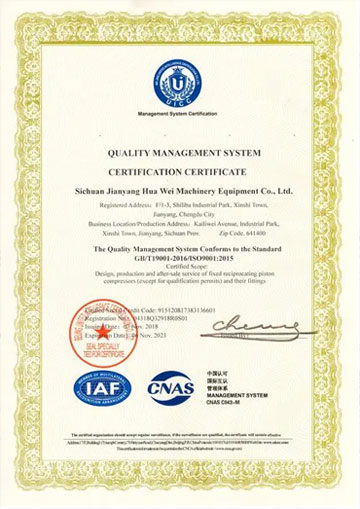

Hex Head Self-Drilling Screws for Metal Applications and Projects
Aug . 20, 2024 10:18 Back to list
Hex Head Self-Drilling Screws for Metal Applications and Projects
Exploring Hex Head Self-Tapping Screws for Metal A Detailed Overview
Hex head self-tapping screws have become a staple in various industries due to their efficiency and reliability in fastening metal components. Understanding their features, applications, and advantages can significantly enhance their usage in projects involving metal fabrication and assembly. This article delves into the unique characteristics and benefits of hex head self-tapping screws, highlighting why they are preferred for metal applications.
What Are Hex Head Self-Tapping Screws?
Hex head self-tapping screws are fasteners that come equipped with a hexagonal head, allowing them to be driven using a wrench, pliers, or an impact driver. The self-tapping feature enables them to create their own threads as they are driven into the base material, eliminating the necessity for pre-drilling holes in many instances. This characteristic not only saves time but also reduces the complexity of assembly processes.
These screws are specifically designed for use in metal applications, often featuring hardened steel construction that provides durability and strength. The hexagonal shape of the head not only offers greater torque but also ensures a firm grip during installation, making them ideal for heavy-duty assemblies.
Key Advantages of Hex Head Self-Tapping Screws
1. Time Efficiency One of the most significant advantages of hex head self-tapping screws is their time-saving nature. Traditional fastening methods often require multiple steps, including drilling, threading, and securing. In contrast, self-tapping screws streamline this process, allowing them to be directly driven into metal surfaces quickly and efficiently.
2. Strong Joint Integrity The self-tapping feature ensures that the screw penetrates well into the material, creating tight joints that can handle considerable loads. This feature makes them especially suitable for construction, automotive, and manufacturing applications, where structural integrity is paramount.
hex head self tapping screws for metal

3. Versatility Hex head self-tapping screws can be utilized with various types of metal, including steel, aluminum, and even some plastics. Their versatility means they can be employed across different projects, from automotive repairs to equipment assembly, making them a valuable addition to any toolbox.
4. Resistance to Vibration In applications where vibration is a concern, hex head self-tapping screws provide better resistance compared to other types of fasteners. This characteristic is essential in dynamic environments, ensuring that joints remain secure and reducing the likelihood of loosening over time.
5. Ease of Installation The hexagonal head design allows for the use of various tools for installation, including ratchets or power drills. This flexibility makes it easier for users to apply the appropriate torque, resulting in more precise fastening.
Applications in Various Industries
Hex head self-tapping screws are widely used across numerous sectors. In the construction industry, they are employed to secure metal framing and roofing systems. The automotive sector utilizes them for assembling components, due to their ability to withstand stress and vibration. Additionally, in electronic and appliance manufacturing, these screws are preferred for assembling metal housings and ensuring robust connections.
Conclusion
Hex head self-tapping screws represent a perfect blend of innovation and practicality in fastening technology. Their unique design and self-threading capabilities make them invaluable in metal applications, providing time efficiency, strong joint integrity, and versatility across various industries. As projects increasingly demand reliable and quick assembly solutions, the popularity of hex head self-tapping screws is expected to continue growing, further solidifying their place in modern manufacturing and construction practices. Whether you’re a DIY enthusiast or a professional tradesperson, these screws are undoubtedly an essential tool in your arsenal.
Latest news
-
Hot Dip Galvanized Bolts-About LongZe|High Strength, Corrosion Resistance
NewsJul.30,2025
-
High-Strength Hot Dip Galvanized Bolts - Hebei Longze | Corrosion Resistance, Customization
NewsJul.30,2025
-
Hot Dip Galvanized Bolts-Hebei Longze|Corrosion Resistance&High Strength
NewsJul.30,2025
-
High-Strength Hot-Dip Galvanized Bolts-Hebei Longze|Corrosion Resistance&High Strength
NewsJul.30,2025
-
Hot Dip Galvanized Bolts-Hebei Longze|Corrosion Resistance&High Strength
NewsJul.30,2025
-
Hot Dip Galvanized Bolts - Hebei Longze | Corrosion Resistance, High Strength
NewsJul.30,2025

